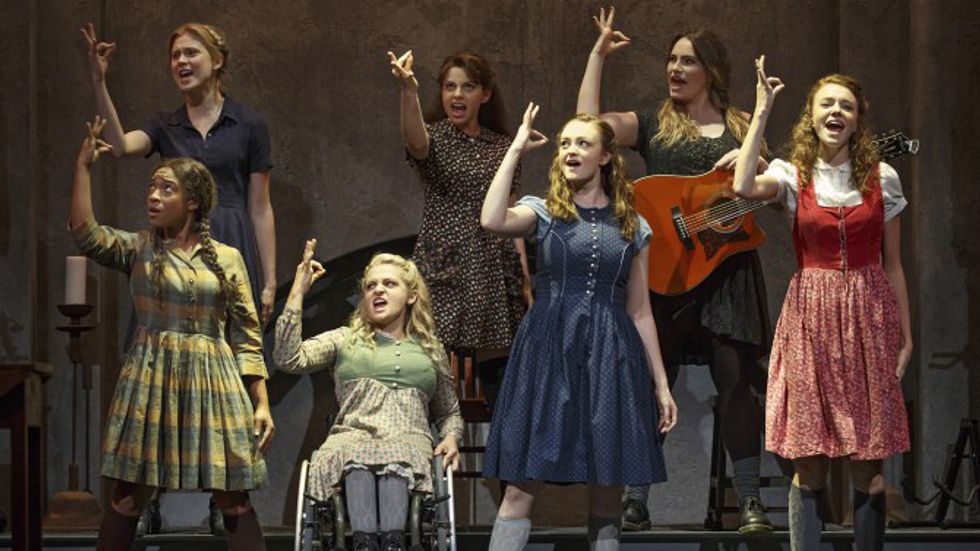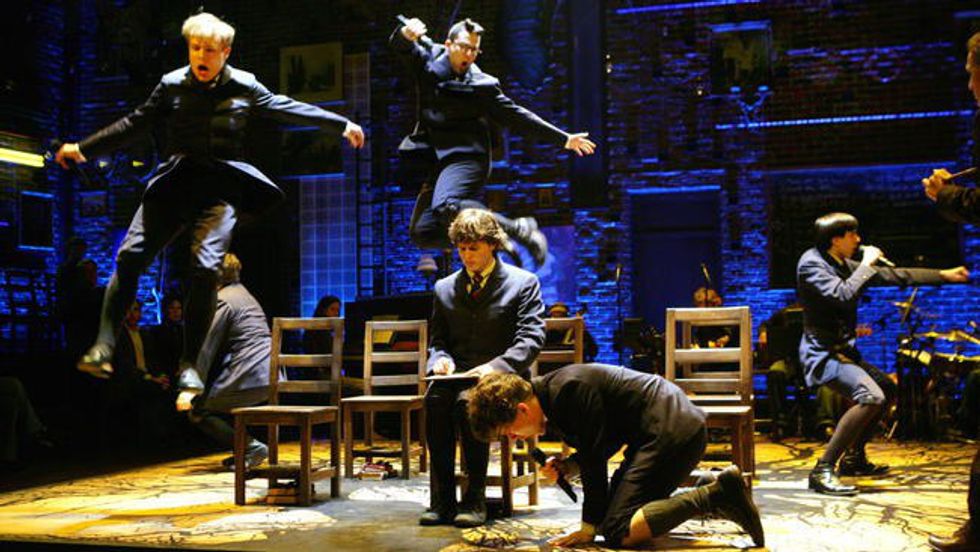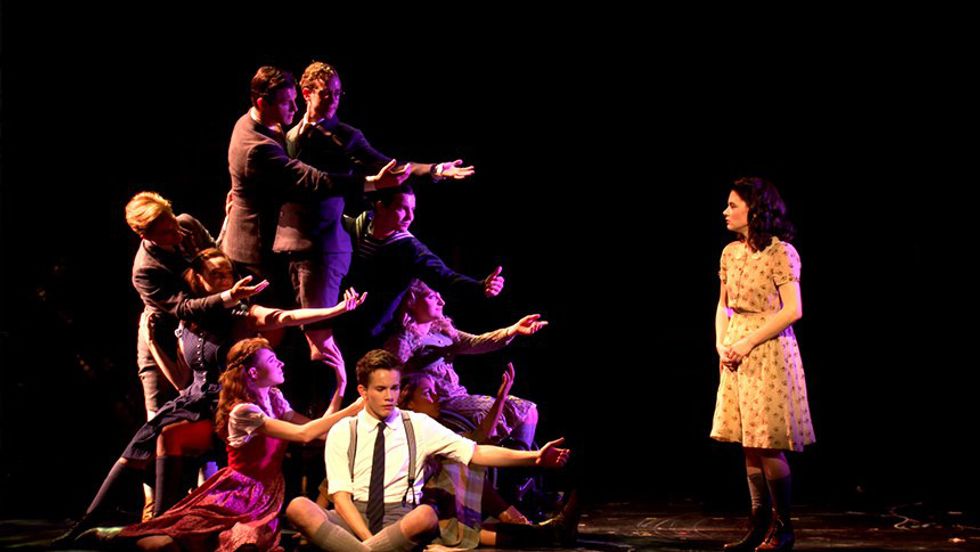In recent years, Broadway has evolved from the upbeat, “Oklahoma!”-esque style of musical theater that persisted through most of the 1900s. Since the new millennium, we’ve seen the rise of unique and groundbreaking shows that have impressed audiences and critics alike. From “Next to Normal,” which addressed mental illness and psychological difficulties in a rock musical fashion, to “Hamilton,” which used hip hop and an almost entirely POC cast to give new life to the history of our nation, to “Fun Home,” which brought a best-selling graphic novel to the stage, writers and producers have been pushing the boundaries to never-before-seen places. Deaf West’s revival of “Spring Awakening” not only continues this trend, but takes it to new heights.
The Los Angeles-based theater company was founded in 1991 to bridge the gap between the hearing and deaf communities by providing deaf and hard of hearing individuals the opportunity to partake in live theater. It has gotten national and international attention in the past for its revolutionary performances, but its recent revival of "Spring Awakening" has truly captivated the theater world.
"Spring Awakening" is a rock musical based on the 1891 expressionist play of the same name. Written by Frank Wedekind, the original publication caused controversy due to its erotic nature. "Spring Awakening" deals with the sexual awakening of German teenagers and criticizes the communication barriers that persist between the teens and the adults of their community. It touches on a number of “taboo” subjects, including rape, child abuse, molestation, homosexuality, suicide, and abortion. It first ran on Broadway from December 2006 through January 2009. This powerful show received high praises amongst the theater community, receiving eight Tony Awards including “Best Musical.”
According to Broadwayworld.com, Deaf West’s revival of "Spring Awakening" began at the Rosenthal Theater in downtown Los Angeles where it was soon moved across town to the Wallis Annenberg Center for the Performing Arts due to its popularity. After an extended run, it left California for New York City, beginning previews on September 8, 2015 and opening later that month on September 27. It had a triumphant run, performing 129 shows at the Brooks Atkinson Theatre before ending on January 24, 2016.
The cast consists of both hearing and deaf actors, and the entire show is simultaneously signed and spoken. American Sign Language is choreographed into the show and used by all cast members regardless of hearing status. Hearing actors sing and speak the parts that are played by deaf actors while also accompanying on instruments. The cast includes Marlee Matlin, an Academy and Golden Globe winning deaf actress, and Ali Slater, the first ever Broadway performer who uses a wheelchair.
The use of American Sign Language adds a unique and powerful element to this show that, according to the show’s website, “intensif[ies] the rift between the lost and longing teenagers and the adults who refuse to hear them.” It has opened up a new dialogue about deafness and signing as it relates not only to the theater community, but to society in general.
The deaf community is a fascinating and largely misunderstood facet of our nation. While many hearing people view deafness as a disability that needs to be cured, the deaf community embraces it as a unique way of life that should be accepted rather than “fixed.” It is a separate culture with its own norms and values. Deaf culture places a high value on honesty, teamwork, and friendship. It is accepting of all people, regardless of hearing status, as long as they work to understand the culture and know American Sign Language.
Deaf West has provided deaf individuals the opportunity to shine in a platform where they have largely been discriminated against. It helped open doors to new opportunities and showed the hearing community that deafness creates a unique perspective on the world rather than a burden. As this breathtaking performance launches is national tour, scheduled for 2017, it has the power to continue opening minds and giving new life to a treasured art form. Deaf West created something truly revolutionary, and the theater community is keeping a keen eye on Broadway, eager to see what barriers will be broken next.



























